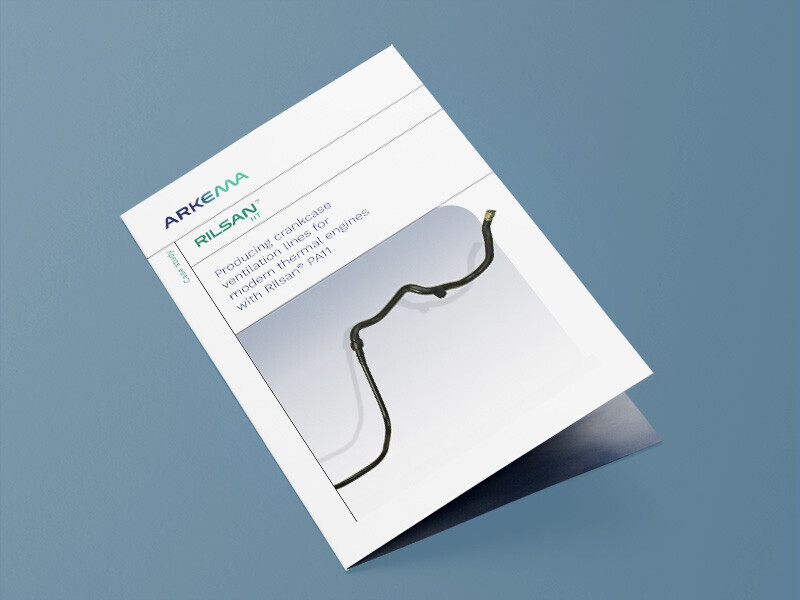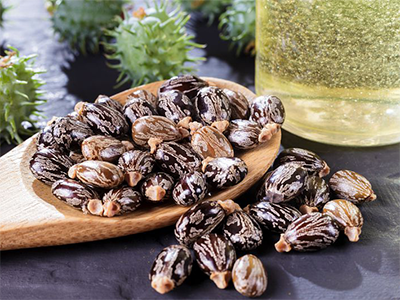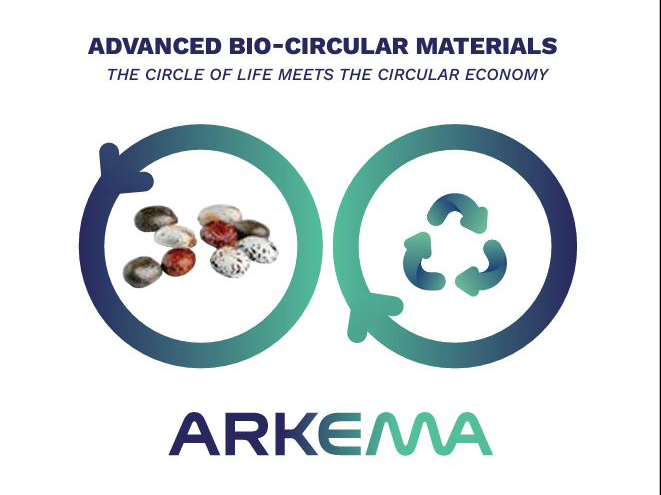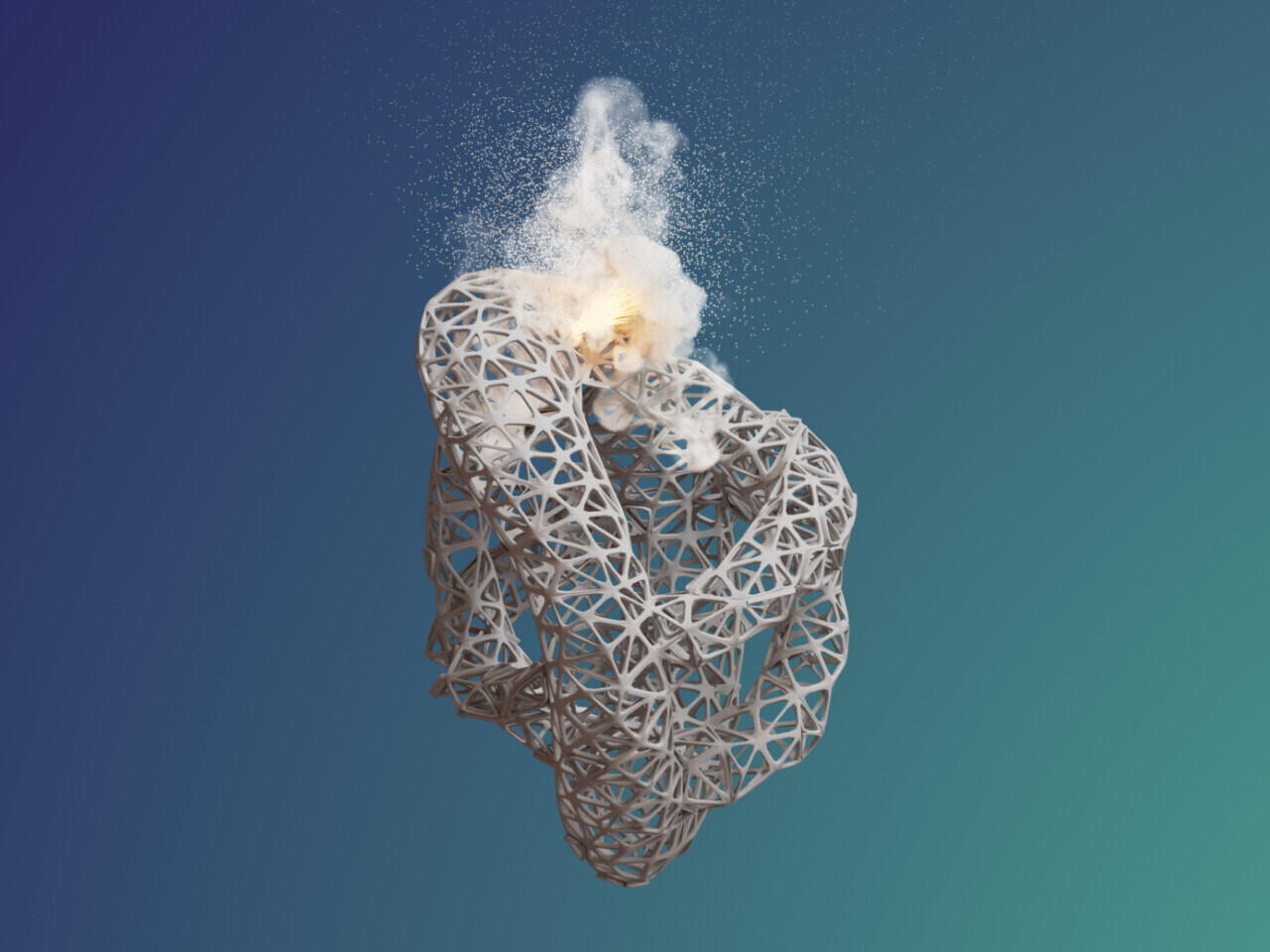Case Study: Producing Crankcase Ventilation Lines for Modern Thermal Engines with Rilsan® PA11

The internal combustion engine faces a challenge with "blow-by" gases escaping through piston segments, which can increase pressure in the crankcase and potentially cause engine failures. To mitigate this, engines are equipped with Positive Crankcase Ventilation (PCV) systems that redirect these gases back to the combustion chamber. Traditionally, bulky rubber hoses were used for PCV lines, but stringent environmental regulations have led to a shift towards thinner, lighter plastic tubes like Rilsan® PA11. German OEMs prefer Rilsan® HT flexible polyphthalamide (PPA) due to its thermal and chemical resilience. In the United States, the rise in turbochargers and hybrid powertrains, which increase under-the-hood temperatures and complexity, has also led to a greater adoption of Rilsan® HT PPA by OEMs and local manufacturers.



